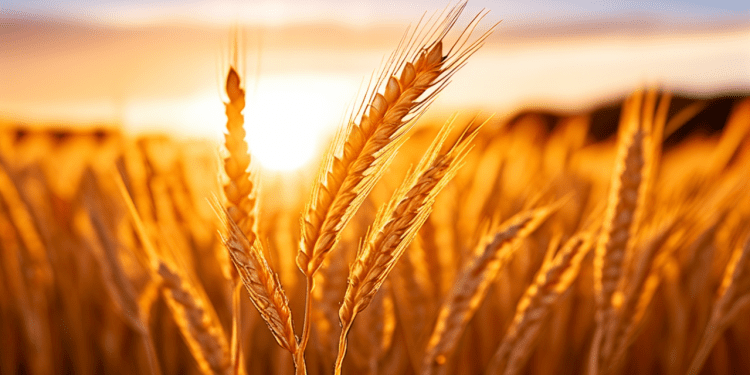Uncovering the Power of Oats: Health Benefits, Culinary Innovation, and Environmental Impact
What if the key to transforming your health, culinary repertoire, and environmental impact was hiding in plain sight in your pantry? Enter oats: the humble grain poised to outshine even the trendiest superfoods.
Nutritional Powerhouse
A single cup of cooked oatmeal delivers:
- 6 grams of protein (comparable to an egg)
- 4 grams of fiber (16% of daily value)
- 5 mg of iron (28% of daily value)
- Essential minerals including manganese, phosphorus, and zinc
Oats don’t just compete; they dominate:
- Protein content surpasses that of quinoa (5.7g per cup cooked)
- Fiber content doubles that of brown rice and rivals chia seeds (4.7g per ounce)
- Lower in calories than açai bowls (typically 300-600 calories) while offering more sustained energy
Types of Oats
Not all oats are created equal:
- Steel-cut oats: Least processed, with a chewy texture and lowest glycemic index
- Rolled oats: Partially cooked and flattened, ideal for oatmeal and baking
- Instant oats: Most processed, quick-cooking but with a higher glycemic index
While all types offer benefits, steel-cut and rolled oats provide more fiber and have a lower glycemic index than instant varieties.
Heart Health Revolution
Oats’ beta-glucan fiber is a cardiovascular powerhouse. A meta-analysis published in the British Journal of Nutrition (2016) found that consuming 3g of beta-glucan daily lowered LDL cholesterol by an average of 0.25 mmol/L, a reduction associated with a 5% decrease in cardiovascular disease risk.
Blood Sugar Management Mastery
Oats excel in glycemic control. A study in the European Journal of Clinical Nutrition (2015) showed that consuming oats resulted in a 40% lower glucose response compared to white bread. For individuals with type 2 diabetes, incorporating oats into their diet led to a 0.42% reduction in HbA1c levels – a clinically significant improvement in long-term blood sugar control.
Culinary Innovation
Forget basic oatmeal. Let’s push the boundaries:
- Oat risotto with wild mushrooms and truffle oil
- Savory oat waffles topped with smoked salmon and dill cream
- Oat milk panna cotta with berry compote
- Oat-crusted fish with lemon-caper sauce
- Chocolate oat bark with nuts and sea salt
Oats transcend their breakfast reputation, offering a canvas for culinary creativity that rivals even the most versatile ingredients.
Environmental Vanguard
Oats aren’t just good for you; they’re a boon for the planet:
- Water efficiency: Oats require just 290 gallons of water per pound, compared to almonds (1,929 gal/lb) or beef (1,847 gal/lb)
- Carbon footprint: Oats produce 0.9 kg CO2e per kg, lower than rice (2.7 kg CO2e) or quinoa (1.15 kg CO2e)
- Soil health: As a cover crop, oats prevent erosion and enhance soil fertility
Oats outperform even celebrated eco-friendly foods like avocados (96 gal/quarter pound) in water efficiency.
Potential Considerations and Alternatives
While oats shine, they’re not for everyone:
- Phytic acid content may affect mineral absorption
- Some may experience initial bloating when increasing fiber intake
- Celiac patients must choose certified gluten-free oats
Alternatives for the oat-averse:
- Teff: Iron-rich and gluten-free
- Sorghum: Drought-resistant with a similar nutritional profile
- Millet: High in antioxidants and easily digestible
The Oat Horizon
Oat innovation is accelerating. Researchers at Sweden’s Lund University are developing oat varieties with enhanced beta-glucan content, potentially doubling the cholesterol-lowering effects. Meanwhile, Canadian scientists are exploring oats’ potential in sustainable meat alternatives, promising to revolutionize plant-based eating.
In Conclusion
Oats stand at the intersection of nutrition, culinary versatility, and environmental stewardship. They don’t just compete with trendy superfoods; they often surpass them.
Your Challenge
Don’t just incorporate oats into your diet – become an oat advocate. Experiment with innovative oat recipes, choose oat-based products, and spread the word about their multifaceted benefits. In doing so, you’re not just improving your health; you’re contributing to a more sustainable food system.
Are you ready to unlock the full potential of this pantry powerhouse? The oat revolution starts with you.
Error




